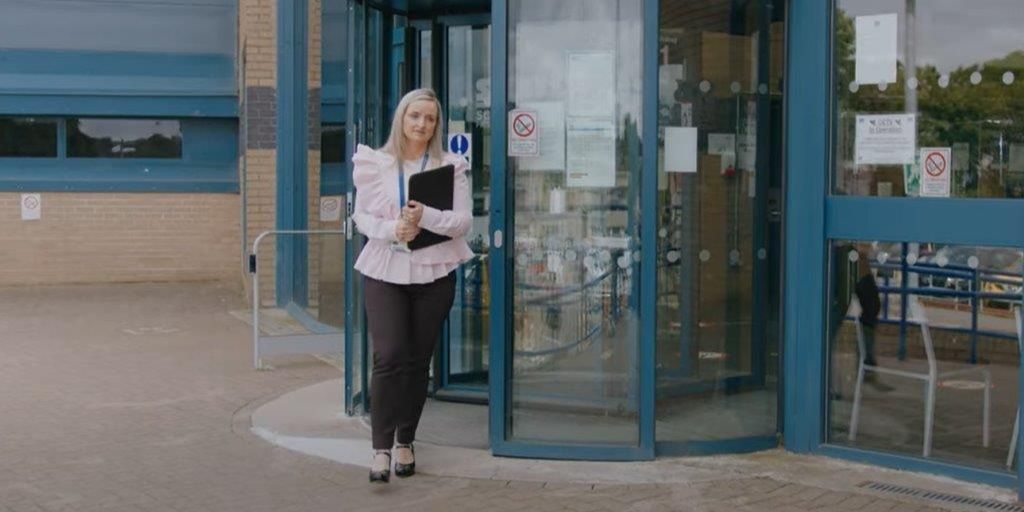 A ground-breaking mentoring system for prison leavers has shown dramatic improvements in reoffending and substance abuse rates, according to a powerful new report.
A ground-breaking mentoring system for prison leavers has shown dramatic improvements in reoffending and substance abuse rates, according to a powerful new report.
Rehabilitating Scotland: Exploring the impact of mentoring-based throughcare found that 70% of prison leavers reduced or ended substance abuse. It also found that mentoring has the most success among prison leavers in encouraging non-criminal activity, with a 97% success rate in engagement with interventions. Voluntary mentoring is not generally available to long term prison leavers or those on remand.
This is based around the work of New Routes, Scotland’s national voluntary mentoring programme,
which this year supported over 1500 short-term male prison leavers. The public social partnership which operates New Routes is led by the Wise Group and is being explored by the Fraser of Allander Institute.
Reflecting on the significance of the report, Wise Group CEO Sean Duffy said “This research could not
have come at a more vital moment.
At a cost of £38,000 a year to lock someone in a prison cell, individuals, families and communities are
undoubtedly better served by a Throughcare service which compassionately turns lives around for less
than 3% of that cost.
92% of eligible prison leavers across all of Scotland’s prison estate engage with New Routes mentors,
and this research reaffirms our firmly held belief that mentoring works. Just 10.5% of those who engage with the New Routes Throughcare programme return to custody within a year. It is time to provide this same service to long term prisoners and those on remand.”
Employment and finance were identified as the biggest barriers to prison leavers on New Routes. AJ, a New Routes participant, is currently part of a one-of-its-kind programme, Forming Futures, which gives individuals the opportunity to complete a ten-week business skills course followed by an applied
learning placement.
AJ said. “I was inside over covid and literally had nothing. With two girls my main priority was money, and to rebuild. But I felt I was coming out alone. People say the world changed with covid but it was the same nightmare for me as when I went in.
Being on New Routes and Forming Futures was a breath of fresh air to be perfectly honest. It’s been a
very good thing for me and kept me grounded. Looking to the future, me and the other boys are
excited.
My mentor has been excellent for me. First day the course started I hadn’t left my house in three days
and didn’t even have a t-shirt. He took me straight to the shops. Knowing what he had been through too gave me a sense of pride in what he had achieved, and what I could achieve too.”
With the court backlog predicted to last into 2026 and several prisons well over 100% capacity,
relational mentoring is a proven intervention that contributes to relieving pressure through rebuilding lives. Currently, voluntary throughcare is not available to long-term prison leavers or those on remand.
As the Bail and Release bill progresses through the Scottish Parliament, and the future provision of
throughcare in Scotland is developed, the report states that, “If consistency of service provision is a
priority of throughcare support across Scotland, the PSP model followed here has advantages over a
local scale model.”
Rehabilitating Scotland marks the beginning of a three-year PhD partnership between the Fraser of
Allander Institute and the Wise Group, and is being launched at the Royal Society of Edinburgh before decision-makers on Tuesday. The ongoing research is aimed at locating issues, improvements and opportunities across the justice landscape.











